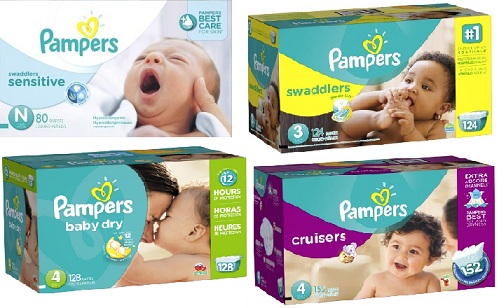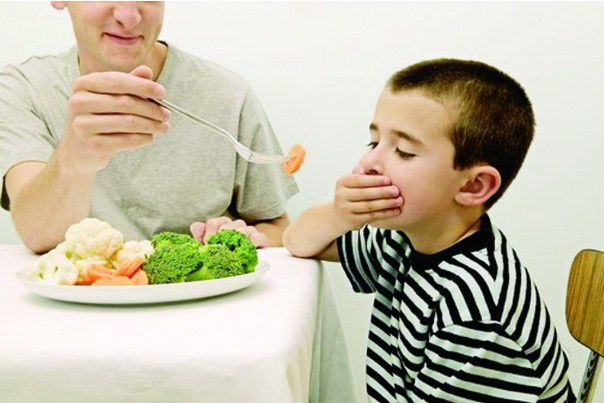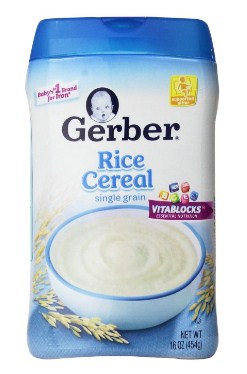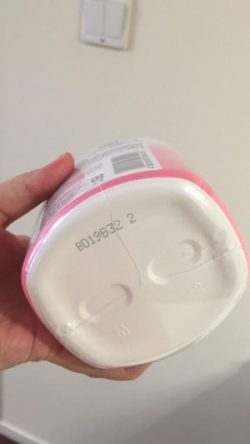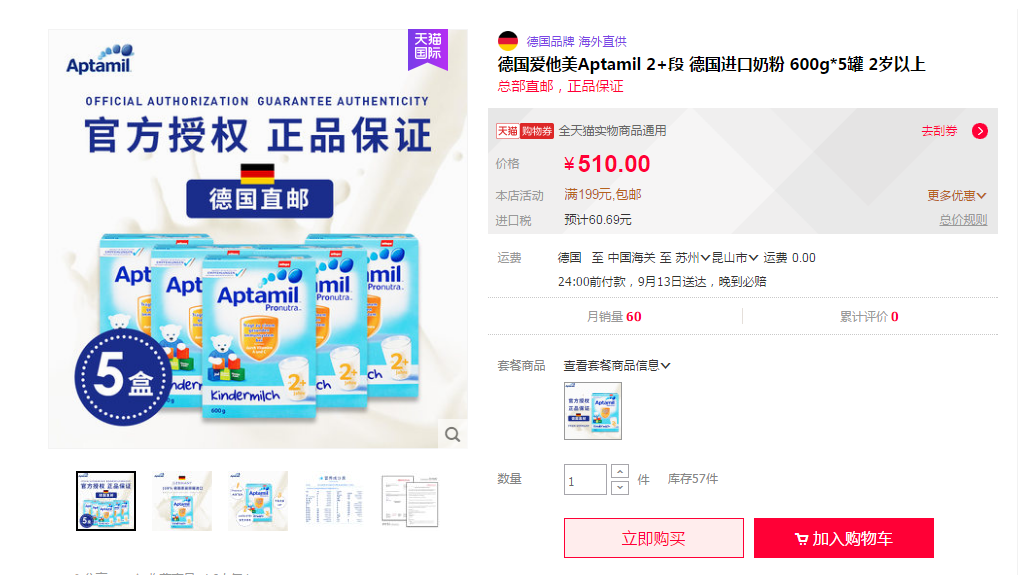What Is an Allergy?
Medically, an allergy is defined as follows: when the body's immune system is over reaction when the child has contact with air, water, or a substance that's usually, think appears allergic.
The allergies are very common in the babies or children. And most of baby allergies come from the foods. Many children outgrow their allergies. If your child is allergic to milk or eggs, he is likely to grow out of the allergy by the time he is between about five years and nine years old. However, there is a chance he'll develop asthma or hay-fever later on. Allergies to nuts and fish tend to persist, and only 10 per cent to 20 per cent of children who have these allergies will outgrow them.
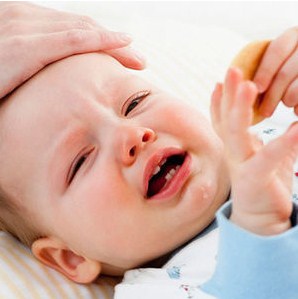
What happens during an allergic reaction?
During an immediate (acute) allergic reaction, your child's immune system identifies the allergen it has been sensitized to when it's next exposed to it. The cells in his body then release the chemical histamine, which brings out the symptoms of an allergic reaction. But Parents often don't realize that symptom-scan signal an allergy. Below are some symptoms of an allergic is reacting.
- runny nose
- watering, itchy eyes
- upset stomach
- itchy mouth
- aggravate eczema or skin rash (red patches, nettle rash or hives)
- swollen lips and eyes
- diarrhea and vomiting
- crankiness
Most of the time, these symptoms, especially if they'r short-lived, are result of a cold and another passing ailment. It is hard to identify if it is a cold or another aliment. What we suggest is keep watching, if there are not any further symptoms or the symptoms are not reacts, then the parents could be release. It mostly likes that it is not an allergy.
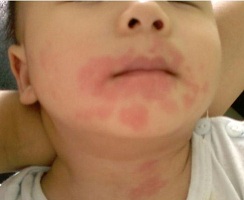
What we should do when we find out the baby have an allergy?
1. There are many different methods to detect the allergen. Generally, the attending physician conducting an examination according to the baby physical condition (such as age, skin rashes and ect). The common allergy test includes skin tests (scratch test commonly rarely used less than six months of age), blood tests (the sensitivity of the test results of blood test is lower than the skin test), as well as the elimination method for the daily foods (avoid the foods which might have possible lead to allergy at short-term period).
2. Single food allergy tests can help get to know possible allergies would be, but the result still needs the attending physician make the judgment. The attending physician will give a diagoisi by overall considering the symptoms, medical history, as well as other test results
3. The milk protein and egg would be the first suspect food which cause the baby allergy. In general, if the child has an allergy to milk protein, mothers can still keep breast-feeding, but need to avoid any of milk protein and egg dairy foods in the diet. This must be conducted by a doctor or nutrition guidance, otherwise, the breast-feeding mother's might meet own nutrition issue. This would be the best way that mothers want to continue breastfeeding. If your baby does have allergy of milk protein, you can choose the formula mill powder which is deep hydrolysis or amino acid formula mill powder, because feeding partial hydrolyzed milk formula powder might still have protein allergy issue.



